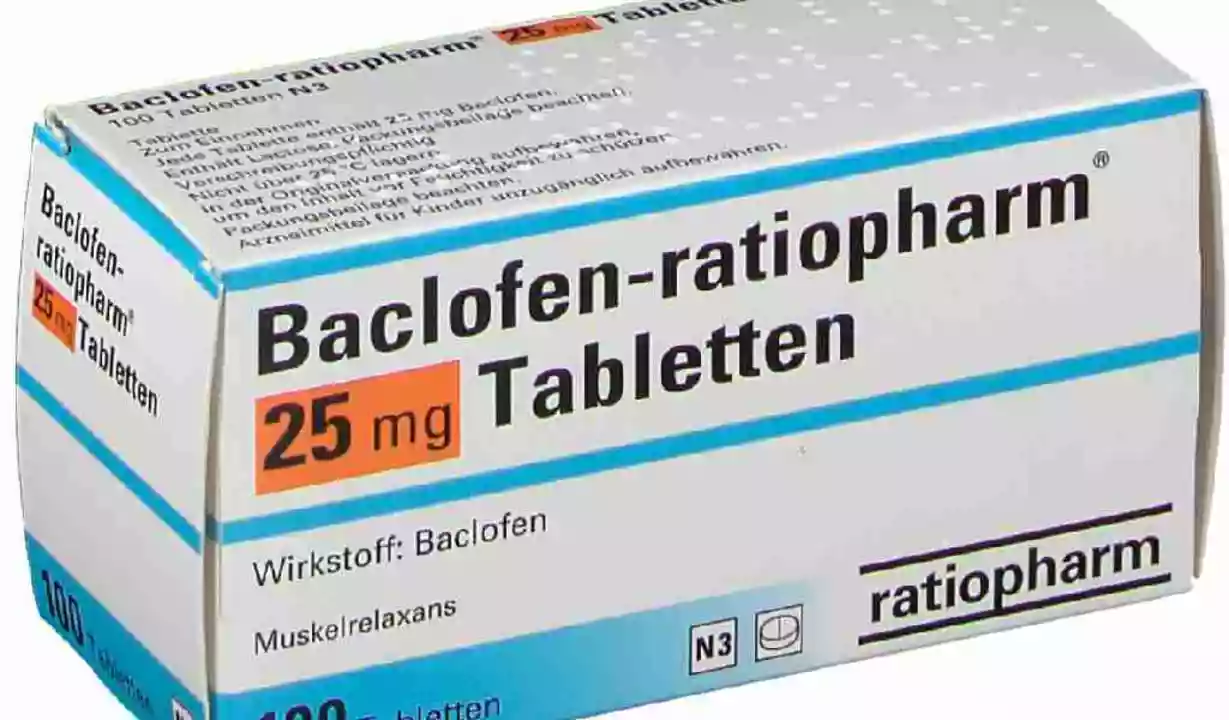Elimination – Understanding How Your Body Clears Medications
Ever wondered why a headache pill works for a few hours and then stops? That’s because your body is constantly getting rid of the drug. The process is called elimination, and it’s a key part of pharmacokinetics – basically how a medicine moves through you.
Key Organs Involved in Elimination
The liver and kidneys are the stars here. Your liver breaks down many drugs into smaller pieces that are easier to flush out. Enzymes like CYP450 do most of the heavy lifting, turning a big molecule into something water‑soluble.
Once the liver has done its job, the kidneys filter those fragments out of your blood and send them into urine. If you’re dehydrated or have kidney issues, this step slows down, and drugs can linger longer than they should.
Other routes matter too. Some medicines leave via bile (into stool), a few are exhaled through the lungs, and others disappear in sweat. The route depends on the drug’s chemistry and how it’s formulated.
Practical Tips to Support Safe Drug Clearance
1. Stay hydrated. Water helps kidneys filter waste faster. Aim for at least 8 glasses a day, especially if you’re on antibiotics or painkillers.
2. Watch your diet. Grapefruit juice can block liver enzymes and keep certain meds in your system longer, raising the risk of side effects. If you take statins or some blood pressure drugs, skip that morning grapefruit.
3. Know your health conditions. Liver disease (like hepatitis) or kidney disease (e.g., CKD) means you’ll clear meds slower. Your doctor may lower doses or choose a different drug.
4. Avoid mixing substances. Alcohol competes with the liver for processing power and can slow down elimination, making sedatives feel stronger.
5. Check other meds. Some drugs induce (speed up) or inhibit (slow down) enzyme activity. For example, taking St. John’s wort with birth control pills can reduce effectiveness because it speeds up clearance.
If you’re dealing with constipation from opioids, a drug like bisacodyl works by stimulating bowel movement, helping the body eliminate waste faster – a practical illustration of how elimination isn’t just about drugs but also about overall gut health.
When you start a new prescription, ask your pharmacist or doctor about its half‑life. That number tells you how long it takes for half of the drug to leave your system. A short half‑life means quick clearance; a long one can cause buildup if you miss a dose schedule.
Lastly, never double up on doses because you think the first one didn’t work fast enough. More drug in your bloodstream means more strain on elimination pathways and higher risk of toxicity.
Understanding elimination helps you make smarter choices about when to take meds, what to drink, and how to keep your body running smoothly. Keep these tips handy, talk openly with your healthcare provider, and you’ll stay one step ahead of unwanted side effects.

As a blogger, I recently researched how long Baclofen stays in our system. Baclofen, a muscle relaxant and antispastic medication, typically takes about 3-4 hours for its effects to peak. It has a half-life of approximately 3-4 hours, meaning that it takes this long for half of the drug to leave your system. Therefore, it may take around 15-20 hours for the drug to be completely eliminated from our body. However, factors like age, kidney function, and dosage can influence how long Baclofen stays in one's system.
Read More